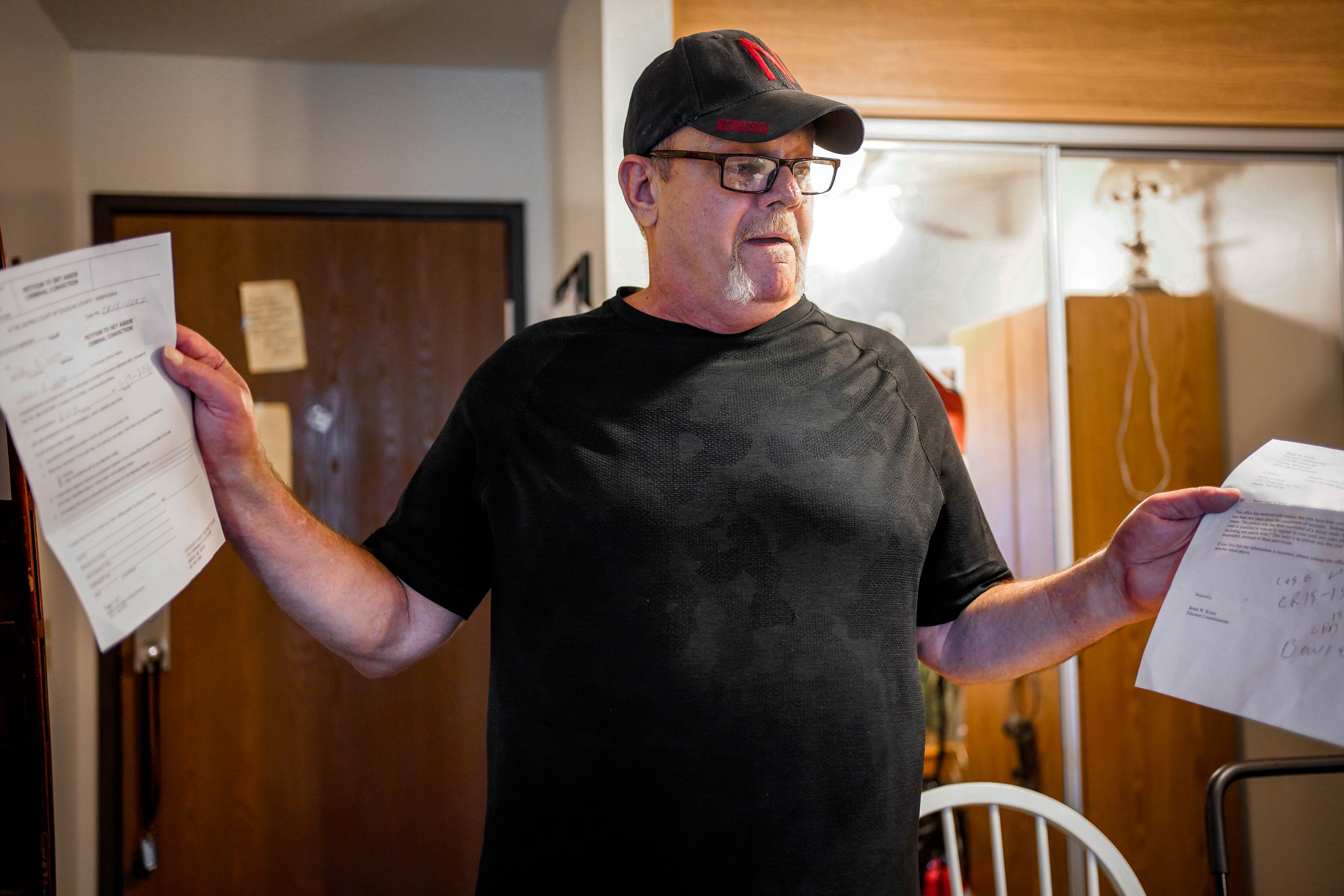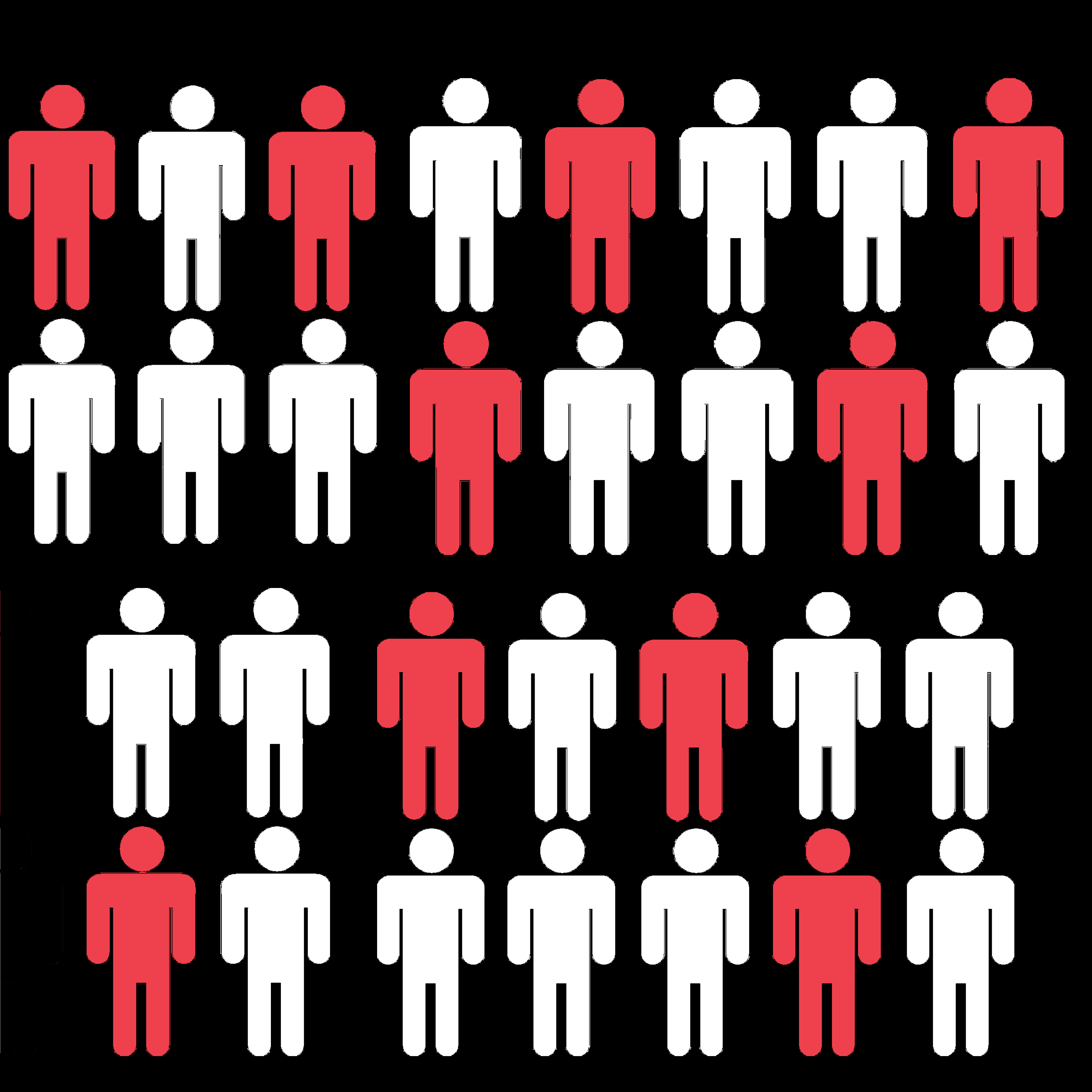In 2016, the Department of Housing and Urban Development enacted a rule titled “Equal Access in Accordance with an Individual's Gender Identity in Community Planning and Development Programs” (2016 Rule). In part, this rule mandated that temporary and emergency shelters that receive federal funding must allow transgender and gender non-conforming individuals to seek and obtain services from shelters and programs in accordance with their gender identity. The requires shelters to admit individuals based on self-identification as the only method of determining a person's sex.
In July 2020, HUD proposed a new rule designed to replace the 2016 Rule. The proposed rule would allow shelters to develop their own policies regarding accommodating transgender and gender non-conforming individuals. Essentially, this would enable shelters to turn away transgender and gender non-conforming people who are homeless. If approved, this proposed rule would endanger the health, safety, and dignity of transgender and gender non-conforming individuals.
Here are a few key points HUD needs to know about their proposed rule:
- Transgender individuals already experience multiple forms of oppression that put them at increased risk of homelessness. By getting rid of the existing rule that specifically prohibits shelters from discriminating based on gender identity, transgender individuals would be stripped of access to resources that everyone needs to stay alive.
- The very purpose of HUD is to maximize access to housing and “to ensure that every resident of the United States has access to decent shelter or assistance in avoiding homelessness” and “to improve housing opportunities for all residents of the United States, particularly members of disadvantaged minorities, on a nondiscriminatory basis.” Instead of staying true to this very mission, this proposal sends a message of cruelty and plain discrimination against transgender, gender non-conforming, non-binary, and intersex individuals.
- Due to the vague wording of this new proposed rule, cisgender men and women whom shelter staff determine (based on their own criteria and stereotypes) to be insufficiently “male” or “female” could be turned away. We’ve already seen examples of this through gender bathroom policing.
- Due to a cycle of discrimination and poverty, transgender people are more likely than cisgender individuals to experience homelessness, and even more likely to be unsheltered in turn. 62% of houseless transgender adults are unsheltered and 78% of houseless gender non-conforming adults are unsheltered.
Transgender individuals are already disproportionately at risk for homelessness and are more likely to be unsheltered than cisgender adults. In a time of an unprecedented global pandemic and unemployment crisis, HUD should be a stalwart of its mission and ensure housing for all. The proposed rule flies in the face of the agency’s mission and rather than protecting rights, it encourages anti-trans discrimination in homeless shelters. This new proposed rule is cruel, and the ACLU of Nebraska opposes its adoption. Bottom line, safe and stable housing is a human right.


